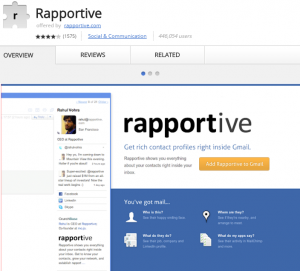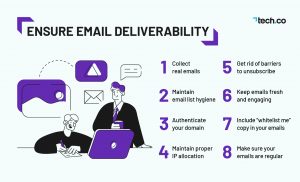No matter where your business is located, you are doing business in the global economy. We all are. Anyone not convinced of this just needs to look at how the markets around the world react to local or regional news. And as companies expand their teams in this global economy, there are some distinct advantages to hiring international workers.
For startups, where making every dollar count is paramount, going global with your hiring means you can tap into new talent pools, increase the diversity of your team, and bring a multilingual and multicultural aesthetic that may open up new market opportunities. International workers can also help you work around the current shortage of available US-based talent with professional-level STEM (science, technology, engineering and mathematics) expertise.
In the US, “A college graduate in one of the STEM fields writes his or her own ticket to success,” opines Maine-based business immigration attorney Michael Murray. “However, our universities cannot graduate enough US citizens to meet the demand.”
Technology sectors in India, Australia, the United Kingdom, Canada, China and elsewhere are burgeoning, Murray notes, and can be excellent places to recruit good STEM hires. Still, hiring overseas presents some significant challenges. Some countries require “just cause” to terminate, where the US respects at-will employment relationships. Time off and paid leave policies, employee benefits, bonuses, and overtime all present massive complexity and compliance headaches for companies that hire workers living in other countries.
Like most business decisions, it comes down to this: Do the advantages of hiring globally outweigh the challenges? The answer can be a solid yes once you understand your options. Here’s my take on all three.
1. Open a new legal entity
Companies looking to hire people from another country will sometimes open a legal entity in that location. The process includes incorporating and registering in that country, and the worker is paid and managed according to local laws.
Keep in mind – local employment law always overrides any conflicting information in the worker’s contract, adding a layer of complexity that may take an expert to sort out.
Going through the process of setting up a legal entity might make sense if you plan on hiring several people in that country and you intend to keep them on staff for a relatively long time. While this solution can certainly work, it may take some time and expense to set up. Most startups need to work a bit leaner, and a bit faster.
2. Use a PEO
Using a professional employer organization or PEO can be a less complicated option for hiring in other countries. As Papaya Global’s Alex Margolin explains, a PEO (also referred to as an EOR, or “Employer of Record”) is a good bet for startups looking to expand quickly without taking on new HR and payroll headaches.
Your PEO service basically becomes the proxy employer of record for your staff, which allows you to hire new employees without having to set up legal entities in their countries of residence.
With a PEO, your team members are paid in their own currency and in full compliance with their country’s tax and HR laws. The PEO typically will provide payroll services, HR support services, benefits administration and workforce management, regardless of where the worker is located.
3. Hire contract workers
Contract workers can be an excellent option for startups, especially when there are specific projects to complete or immediate roles to fill.
Paying contractors eliminates the complex payroll issues of hiring outside your country – but it raises another challenge. It’s easy to run afoul of the distinctions between contract workers and employees, and the IRS has been increasing their scrutiny of late to be sure contract workers aren’t misclassified.
Still, hiring contract workers can be attractive despite the potential risk. It’ll add a layer of administration for you if you go this route, but if you have a full-time finance team already operating, they may be able to absorb the load. Alternatively, a solid PEO may be able to help manage payroll for your contract workers as well as your employees, no matter where they live, and keep you clear of misclassification pitfalls.
Time to go global
In any high-growth situation, your people are your greatest asset. Fortunately, you don’t have to limit yourself to your own country when recruiting, with the range of good options available.
Just make certain you understand the potential challenges and put the right system in place to manage your payroll effectively and stay out of compliance trouble.
Business & Finance Articles on Business 2 Community
(17)
Report Post





